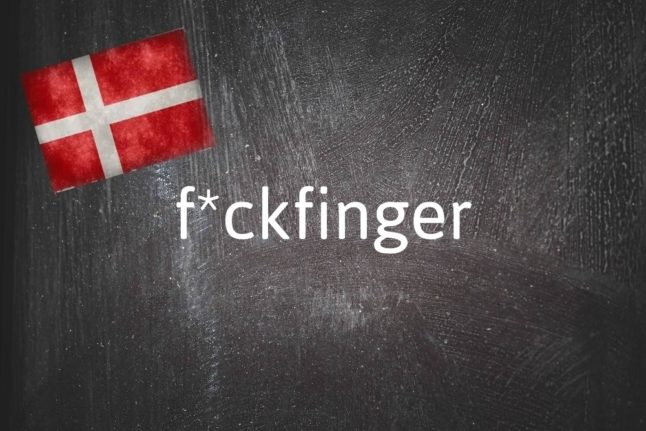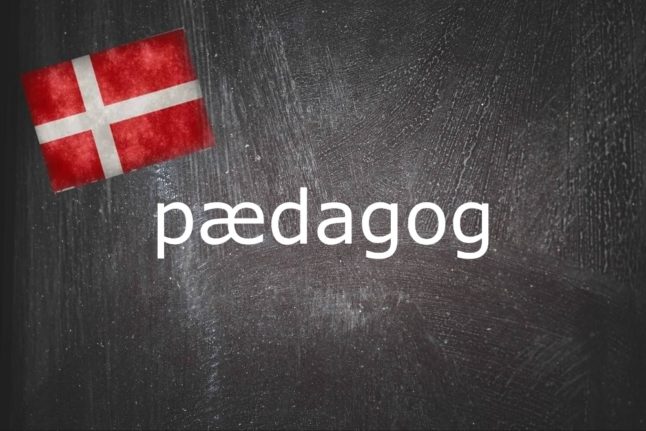What is fuckfinger?
Yes, I know how that question sounds. But the answer is probably not exactly what you’re expecting.
The Danish word for “finger” is the same as the English, i.e. finger. You pronounce it differently in Danish, without the hard ‘g’ (imagine the -ing as it would be on the end of an English word, like “something” or “bring”).
As for “fuck”… well, that also means the same as it does in English, being a loan word.
However, like a number of swear words that have migrated from the English language to Danish, it comes across a lot more mild when someone says it in Danish – even if it causes a shudder for English native speakers when they hear Danish school children throwing the word “fuck” into everyday conversation.
READ ALSO: Why you shouldn’t be surprised to hear Danish children say the F word
Why do I need to know fuckfinger?
It’s probably an important one not to misunderstand. The meaning of this word in Danish is related to yet another form of swearing, this time a gesture. “Giving the finger” or “flipping the bird” as it’s variously known is recognised in Denmark as a way of telling someone to “eff off”, just like it is in Anglophone countries (and many others).
Therefore, the middle finger is referred to in casual Danish as the fuckfinger: the finger you use to tell someone to eff off.
If you have children, you might be wondering where this leaves the “Finger Family” nursery rhyme, in which various English versions refer to the middle finger as “Toby Tall”, “Brother finger” or simply “middle finger”.
Well, luckily Danish preschoolers aren’t subjected to an expletive-ridden dirge when this song is sung for them. The Danish version of the rhyme calls the middle finger langefinger (“long finger”), thereby avoiding any swearing.
Examples
Den anden bilist kørte over for rødt og da jeg dyttede, rakte han fuckfingeren.
The other driver ran a red light and when I used the horn, he flipped the bird.
Jeg har ikke lyst til at gå i børnehave i dag. William rækker altid fuckfinger til mig.
I don’t want to go to kindergarten today. William always shows me the middle finger.



 Please whitelist us to continue reading.
Please whitelist us to continue reading.
Member comments